Patcy N in Mumbai
Unlike the actresses of her time, Sarika likes to keep things simple. She strolls into the coffee house of a five-star hotel wearing no make-up, hair pulled up in a ponytail and a simple cotton churidar kurta.
Her personal life has been much more complicated.
Her parents separated when she was very young, and she started working at the age of four. She wasn’t sent to school but instead, she made the rounds of film studios.
When she was 21, she left her mother’s house with no money or clothes. She spent the next six days living in her car, wondering what to do with her life.
At 28, she married superstar Kamal Haasan and gave up acting.
At 43, she left the marital home, and came to Mumbai with her daughters Shruti and Akshara, and started her acting career all over again.
This Friday, we will see her in a film called Club 60, co-starring Farooque Sheikh.
Sarika speaks to Patcy N about the unconventional set of rules she lives by, and her unusual life.
Much has been written about the fact that you don’t wear make-up…
I am very comfortable without make-up. I do not like make-up. The only make-up I use is lipstick.
When I am working in films, I use lipstick and eye make-up -- it’s just two steps more. No one can say that I look different on screen.
In my early films, we had to wear make-up. I used to wait for the sad scenes. I would tell the director, ‘Sir, aaj sad scene hai to make-up nahi karte hain nahi toh bahut kharab lagega.’ (Sir, today is a sad scene, so let’s not do make-up. Otherwise, it will look bad).
In my old films, I looked best in sad scenes because there was no make-up. I look terrible with make-up on.
Today, if I say I don’t like make-up, they understand. Some people are not comfortable with my freckles so I just touch up.
.
'Children should not be responsible for running the kitchen'
Image: Sarika in HumraazYou started your career at the age of four. Did you like working in movies then?
My first film was Humraaz. I’ve played a boy many times, mostly as Master Suraj.
When you are a kid, you are really not aware how good it is to work; you just do your job and go home.
You didn’t love being on the sets?
Honestly, I didn’t have an option. I started at the age of four and worked continuously.
I never had the option of going to school, so when there is no option at that age, you think whatever you are doing is the right thing to do, so you like it.
I think at that age it was not okay because I missed out on school, which should not happen to children.
Children should not be responsible for running the kitchen. It doesn’t work like that. It is very wrong. I am a parent. I would never make my child do something to put food on the table. I will do that, it’s my job as a parent.
But instead of looking at it badly, I would like to see what it gave me. I think the industry became my family, my 24x7 existence. Somewhere, as an actress, it took me to a special place, which probably would not have happened had I joined the industry in my 20s.
'I gave up acting for two reasons'
Image: Sarika in Shriman ShrimatiYou are a self taught and self made woman. At the age of 21, you moved out of your home.
I didn’t want to tell my friends later that they influenced my decision -- it’s human nature when you are going through a traumatic time to later look back and find excuses, somebody to blame.
I wanted to figure it out on my own. Whether it was right or wrong, it would be my decision.
After you married, you gave up acting and became a costume designer. How did you decide on that?
I gave up acting for two reasons: I thought I had done enough. I started working as a child and there was no desire left. I had done everything and was tired.
Secondly, when you are an actress you have to look good, you have to wash your hair and dress properly. That is being part of an actor. As a technician, you don’t have to do all that.
I have been part of every department. The editing room and dubbing theatre was also in the studio. So if we were shooting for one film, someone else is dubbing and editing is going on for some film. You are standing next to the editor and the dubbing technicians and unintentionally you pick up bits from all the departments.
I think I always wanted to cross the line and do other things. Luckily, life gave me a chance to do that -- to stop working and try out other things.
When you have children, it is easier to work as a technician. I could do it in my time. I wanted to do the mother thing properly and on the side, have my career too.
I wanted to continue to be productive in life but at my convenience so that it did not disturb my house and my basic setup.
'You don't have to go through something bad to do something right'
Image: Sarika with daughter Akshara at Vicky Donor screeningPhotographs: Abhijit Mhamunkar
Was it because of your own childhood experience of your parents’ broken marriage and having to work at an early age that made you put in so much effort to take care of your children?
No. You don’t have to go through something bad to do something right. If you recognise the right thing, you do it.
Now the last of my responsibilities is also taken care of. Akshara’s thing is also done now (Daughter Akshara signed a film with director R Balki). I suddenly feel relaxed.
There is so much to do in life and somewhere in my head my duty to some extent is completed. Now she is Balki’s responsibility. Now I can go and shoot at Film City while she is doing her thing.
What you did at the age of 21, you had to do again at the age of 43, when you left Chennai and came to Mumbai.
It is not the same. It was very different and very difficult, as I had two children. This time I couldn’t stay six days in a car! (laughs).
But, yes, it was like restarting the whole thing again. Taking care of two kids and being a single mother was very tough but you just manage.
All of us have that strength within us. Everyone will find at least one instance in their life when they just did it.
'I was very close to Sanjeev Kumar'
Image: Sanjeev Kumar Sarika in Griha ParveshWhen you were growing up, you had Dilip Kumar to call as uncle, you had Meena Kumari to call as aunty. You had a different childhood, you were surrounded by celebrities...
Touch wood. Look at the quality of people I was surrounded with; look at all the actors and directors.
Today, whatever comes to me I don’t even know where it is coming from, but if I had to ask a therapist, he would tell me it is coming from a shot that I gave with Meena Kumari or with Hrishikesh Mukherjee and it stayed in my head and I didn’t even remember it.
It was such a rich experience. Look at the people I worked with. How much more can I ask for? You can’t go to a better university, honestly.
I read somewhere that you played on Sanjeev Kumar’s shoulders…
I was very close to him. I did so many films with him, not only as his child, but later too. I played his granddaughter, wife, girlfriend. I even played his son when I was a kid. My maximum body of work was with Hari bhai (Sanjeev Kumar’s nickname).
I have loads of memories of him. He was a very big influence on my life. He was a wonderful person and a great actor.
'I was not very feminine, I didn't know how to walk properly'
Image: Sarika in ParzaniaBasu Bhattacharya was also a big influence on you…
Yes.
As a kid, I was mostly doing boy roles. I was not very feminine. I didn’t know how to walk properly; there would be this chappal sound coming when I walked.
He made me put books on my head, draw a line and said ‘walk on this line, crossing your feet, that’s how women walk’.
He also taught me how to use my voice, especially in Griha Pravesh. We would dub only one scene a day. I had to change my voice totally for that because the character was much more mature than my age.
He taught me how to change my voice. He taught me how the voice is different when it comes from your throat, lungs, or stomach.
Basuda was actually my teacher.
Who are the other people from the industry who influenced you?
A person, who influenced me a lot when I later took to sound direction, was a sound director called S K Shrivastav. I did a couple of films with him.
He told me about sync sound. In those days nobody knew what sync sound was. He had done a documentary with the BBC. He told me how small mikes are used and there is no dubbing.
I personally don’t like dubbing because it takes a lot from your performance if you dub later. He would to tell me there will be a time in India when people will not dub.
He told me how sound is produced. All that came into use when I decided to become a sound technician. Everything that I did later was what he told me. He is one of my teachers.
'We needed money like nobody's business. I didn't even have a bank account'
Image: Kamal Haasan and SarikaPhotographs: Rediff Archives
When you returned to Mumbai, you began acting not fashion designing or sound direction.
First of all, being an actor paid you more, so it was a simple choice to make. We needed money like nobody’s business. I didn’t even have a bank account.
As a costume designer, I had done my best. I got a National Award (Hey Ram) but there is no passion for it, no attraction. Only sound is something I would like to go back to.
Six months from now if I don’t get good roles, I will do something else. I like the unpredictability of my career.
'The first time I faced the camera it was Yash Chopra who told me what to do and how to do it'
Image: Sarika in DavidYou had miniscule roles in the last two movies that you did, Jab Tak Hain Jaan and David.
I wouldn’t call my role in David miniscule because I love the song Damadam Mast Kalander. I really loved doing that. I had fun. I was happy that it came to me because it’s an iconic song. I listened to it when I was a kid.
When (singer) Runa Laila came for the Filmfare function, we were dying to meet her as we were such huge fans of this song, but she was too busy. When Shashi Kapoor went on the stage and gave her a peck on the cheek, we were so angry that she didn’t talk to us but she allowed him to be so friendly!
Dama Dam Mast Kalander has a big space in my head. Bejoy (Nambiar, director) was scared to ask me to do it, but when he told me, I was grinning because now it is my song along with Runa Laila. That was a great kick for me.
You said if Yash Chopra had asked you just to stand in the crowd, you would still do Jab Tak Hain Jaan…
Yes. I would do it because my very first movie Humraaz was with BR Films. Even though B R Chopra was the director, Yash Chopra was the assistant on the film and whatever direction was given to me when I was four was by Yash uncle. So he is my first director.
The first time I faced the camera it was he who told me what to do and how to do it. That’s very special for me. When he calls me for something I have to do that, not for him, but for myself. It makes me happy.
'I don't like speaking about the past'
Image: Sarika and Farooque Shaikh in Club 60You have still not entered the 60s club, so why did you choose to do the film Club 60?
Farooqueji (Sheikh) and I play a couple. They are a part of the club of people, who are 60 years old.
Farooque and I lose our son in the film, and their marriage is falling apart. How they get back is what the film is about.
It is director Sanjay Tripathi’s first film, so what made you sign the film?
Most of my work has been with first or second time directors. A first or second time director comes with a different kind of enthusiasm and ideas and I like that.
Of course it is a risk because you don’t know what kind of director he is going to be. Thankfully, all of them have been very good.
Farooque Shaikh and you have been actors for a long time but you are working together for the first time. Was there a lot of catching up to do?
I don’t like speaking about the past.
On the sets of Club 60, it was all about food. This was a unit of foodies. You won’t believe the amount of food we ate.
The humour on the set was tremendous. Farooqueji and Satishji are the funniest.
It was difficult sometimes to shoot a scene because we couldn’t stop laughing. Even our director has a very good sense of humour.
Since all involved were alike, we had a blast. There was no one on the sets to tell us ‘listen guys you are here to shoot.’

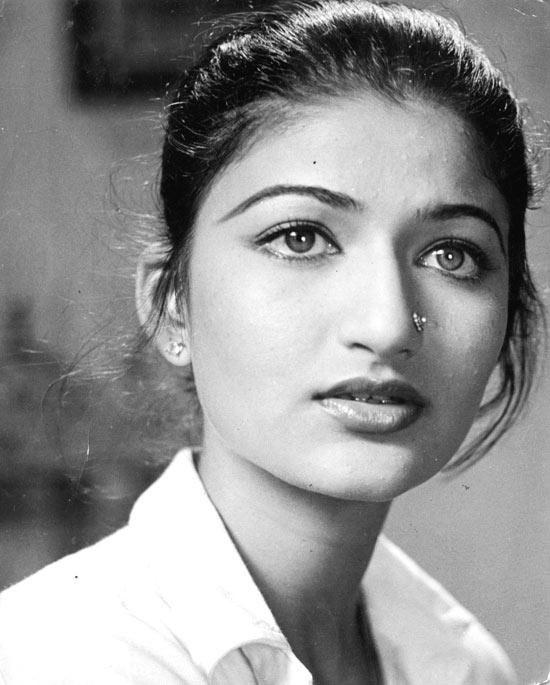
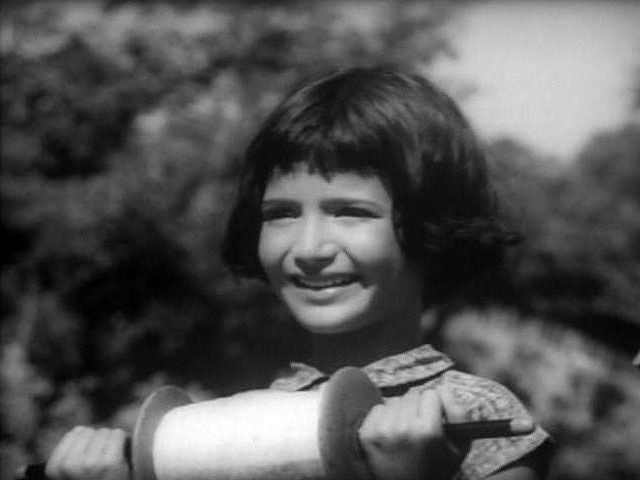
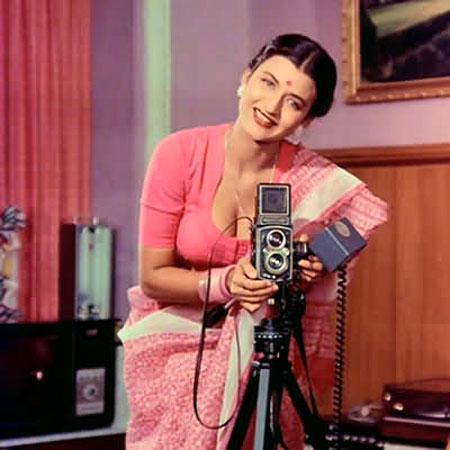
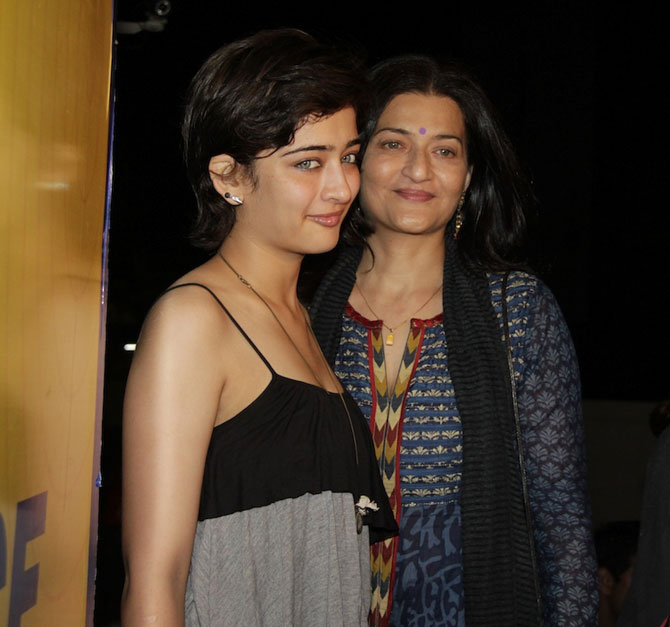
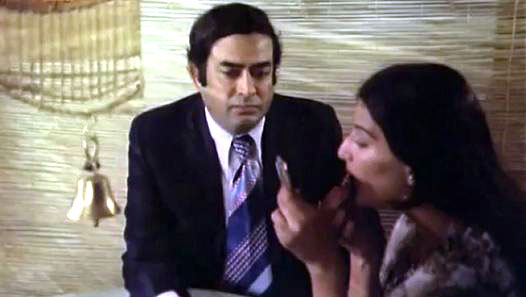
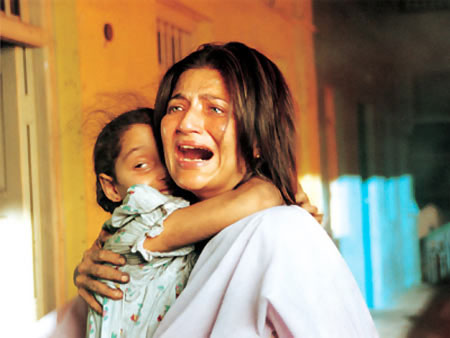
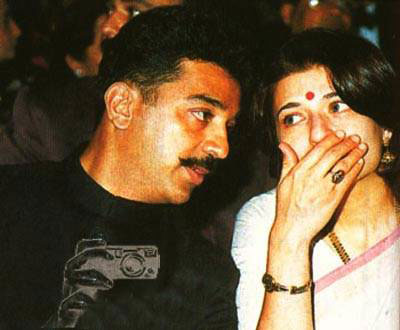
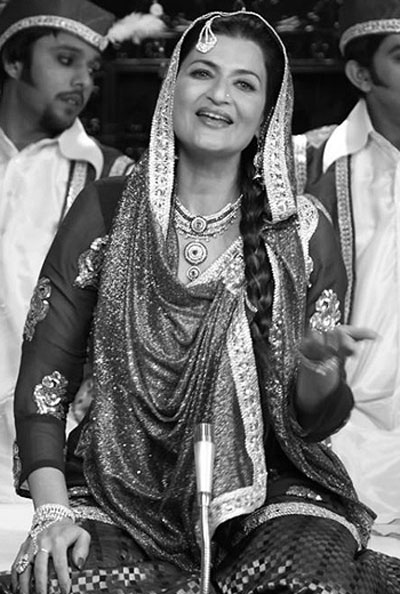
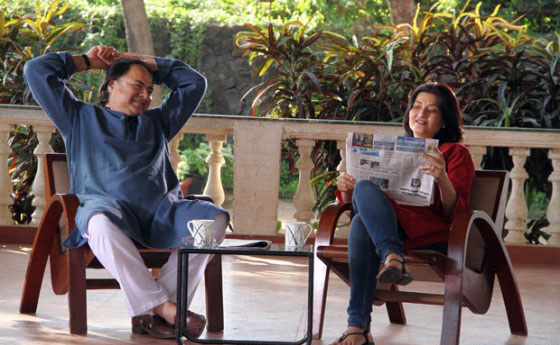
Comment
article